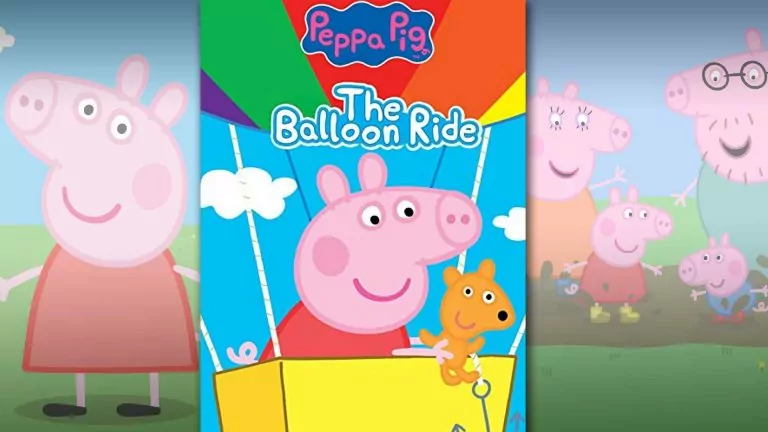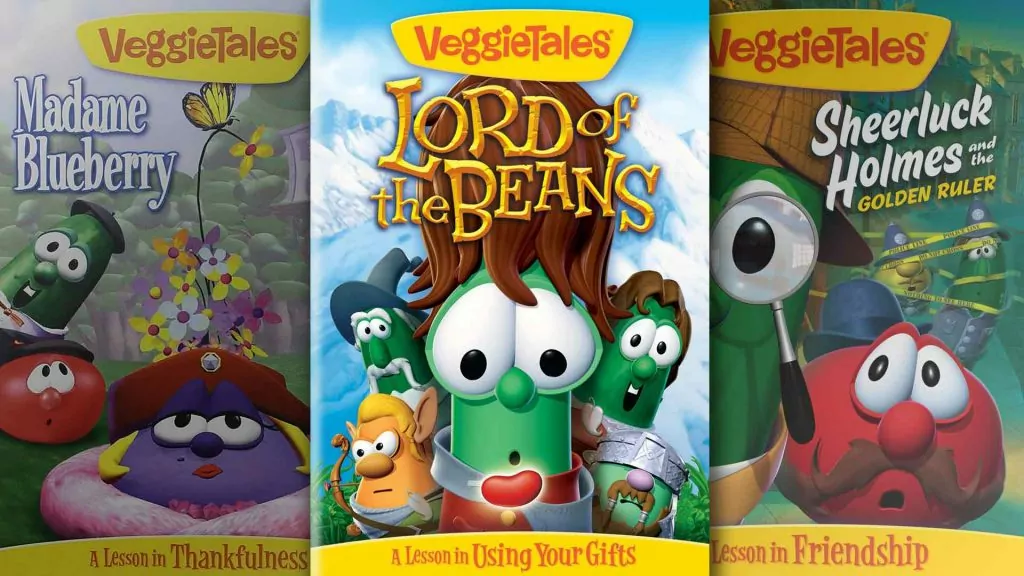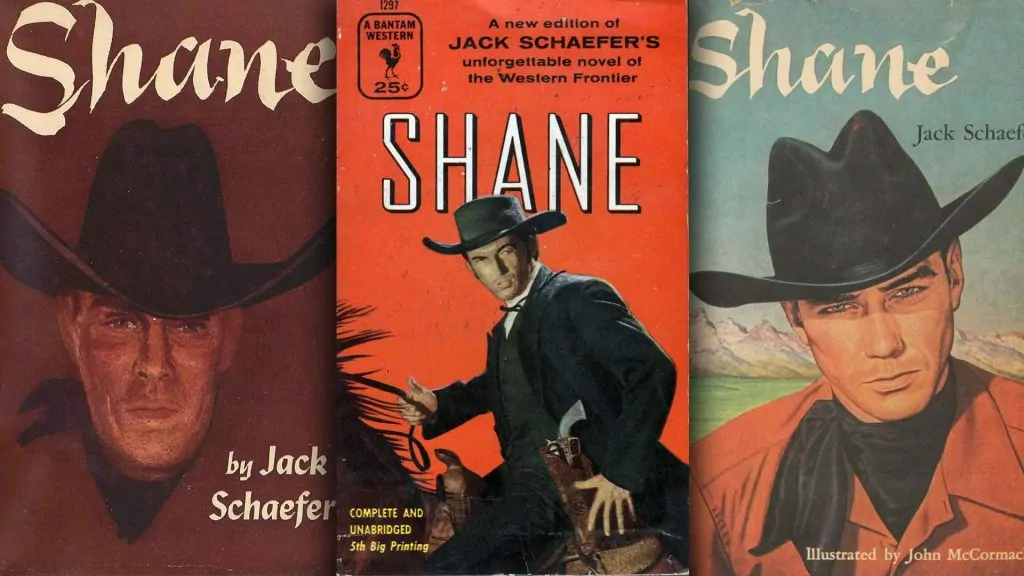Batman as a cucumber? The best of VeggieTales...
The VeggieTales phenomenon began back in 1993 with the release of their first video, Where’s God When I’m Scared? which, like all that would follow, starred Bob the Tomato and Larry the Cucumber.
While it was childish fare, there was a nod to parents in how this duo was patterned after the classic comedic pairings of Laurel & Hardy and Abbott & Costello. Bob was the easily exasperated straight man to Larry’s energetic innocent goof. Together they'd introduce each video by reading questions from children. The questions ranged from asking how to handle peer pressure, to wondering if it’s important to share toys with little brothers. They'd be answered with stories acted out by a host of other Veggies, including Junior Asparagus, Jean-Claude the French Pea, Pa Grape, and Laura Carrot. Afterward, Bob and Larry would return to discuss what kids have learned, and then look up a relevant Bible verse on the computer Qwerty.
That first video was followed by 47 more, two television series, two feature films, innumerable books, a handful of CDs, and, of course, plush toys. And today, nearly 30 years later, the series is still going strong.
But while VeggieTales at their very best are downright brilliant, there is a danger in being silly while teaching Scriptural lessons – sometimes the goofiness extends to how they handle Scripture.
So the quality of the videos runs the gamut from brilliant to bad, with the best being spoofs of cultural icons (Batman, Lord of the Rings, Sherlock Holmes...) and the worst being their careless Bible story retellings. With the nearly 50 videos out there, I haven't watched them all, so here's just a selection of the best, followed by a few examples of how their biblical stories fall short.
The best
Larry-Boy and the Fib from Outer Space
30 minutes / 1997
Rating: 7/10
This is our first glimpse of Larry the Cucumber’s alter ego, Larry-Boy, a super-hero with suction cup ears. This Batman spoof is complete with his own Larry-mobile, Larry-cave, and butler named Alfred. In this first adventure, a tiny alien named Fibrilious Minimus (“You can call me Fib for short”) encourages Junior Asparagus to lie to get out of trouble. But one lie quickly leads to another and before he knows it Junior finds that his little friend Fib is now 20 stories tall. Can Larry-Boy stop the Fib from outer space? Actually, no. Bumblyburg’s resident superhero is completely confounded by the giant Fib. In the end only Junior can stop the Fib, by finally confessing to all his lies.
In his further adventures, Larry-Boy and the Rumor Weed (1999), Larry-Boy and the Bad Apple (2006), VeggieTales: The League of Incredible Vegetables (2012, and my favorite), and Larry-Boy and the Cape-Coat Caper (2020), our spandex-clad cucumber consistently shows himself to be a rather ineffective super-hero. It's only with the help of his friends that good does eventually prevail. In addition to the previous four videos, Larry-Boy also has his own 4-episode, 2-d animation series called Larry-Boy: the Cartoon Adventures. It's an old-school "flat" animation look, as opposed to VeggieTales' typical computer-animated, 3-d look, but it's every bit as fun.
Because this is a Batman spoof, there are villains to fight, and consequently more action, and more tension than normal. So in our house, these weren't really appreciated by the pre-school crew, but that changed as they got a bit older.
Madame Blueberry
37 minutes / 1998
Rating: 8/10
Madame Blueberry is a story about a very blue berry who thinks she needs more stuff to be happy. She already has quite a lot, but some of her friends have more than she does and that makes her very blue. Fortunately for Madame Blueberry a new Stuff-Mart has just been built next door and the store’s salesmen are quite eager to help her shop. Their sales pitch is far from subtle, “Happiness waits at the Stuff-Mart – all you need is more…stuff!” but it convinces Madame Blueberry. On the way to the store though, she notices a poor family celebrating their little girl’s birthday. They have hardly anything and yet they’re happy and thankful to God. But how could that be? When Madame Blueberry encounters a little boy happy to own a single red ball she finally realizes being greedy never makes you happy, but that “a thankful heart is a happy heart!"
I can't find a trailer for this one, but here's a clip...
Lord of the Beans
51 minutes / 2005
Rating: 8/10
This is for parents who've seen Lord of the Rings, and for kids who are too young to see it. On his 122nd birthday, Billboy Baggypants decides to leave everything behind, including his magic bean, which can give its owner anything they want. Billboy is leaving because, despite the bean's power, he is still unsatisfied. So off he goes, bequeathing the bean to his nephew Toto, who goes on a quest to find out how he should use it. Toto is accompanied by Ear-a-corn the ranger, Randolph the Wizard, Leg-o-lamb the elf, and Grumpy the dwarf who will protect him from the fearful "sporks."
If you haven't seen the Lord of the Rings, or you have, and nothing in the preceding paragraph strikes you as amusing, then this isn't for you. But it is a spot-on spoof, with the lesson this time being that we should find out how to use the gifts God gives us.
Sheerluck Holmes and the Golden Ruler
52 minutes / 2006
Rating: 7/10
There are two stories in this one, the first a spoof on Don Quixote and the second, longer one a fun take on Sherlock Holmes. Holmes (Larry) relies heavily on the insights of his friend, Dr. Watson (Bob), but doesn't share any of the credit for the crimes they solve. So when one of the United Kingdom's greatest treasures is stolen – the Golden Ruler – Dr. Watson decides to let Holmes solve this one on his own...and that doesn't go so well for him. The Golden Ruler is a riff off the Golden Rule, with Dr. Watson simply wanting Holmes to treat him as Holmes would want to be treated himself. It's another brilliant spoof that mom and dad will enjoy too.
MacLarry & The Stinky Cheese Battle
45 minutes / 2013
Rating: 8/10
What if Rome was right next to Scotland? And what if the leaders of these two nations were former friends caught up in an epic pranking battle with one another? That's the premise, with Larry playing the son of the Barber-barian leader Chug Norious (think Chuck Norris) who just doesn't fit in. While everyone else likes pranking, he likes inventing. The lesson here is to appreciate others' gifts, even when they are so very different from your own.
Veggies in Space: The Fennel Frontier
48 minutes / 2014
Rating: 8/10
This whole episode is a series of Star Trek and Star Wars references (along with some quick 2001, Doctor Who, Planet of the Apes, and even Back to the Future references) that the kids won't really notice, but mom and dad may enjoy spotting. There are silly/clever jokes for the parents that only they will get, like an actual wooden bridge acting as the captain's bridge, and a crew member using a floating piece of wood to record his diary...aka his log. Such dad humor abounds! Larry and Bob are basically Kirk and Spock, and the lesson they need to learn is sharing. That's a lesson that many a kid can benefit from, so parents can appreciate the leap-off this episode offers to have some good discussions on the topic. There's more action than normal, with giant robot fights, but nothing too scary. One language concern: a character's use of the phrase "holy guacamole."
Tomato Sawyer & Huckleberry Larry's Big River Rescue
49 minutes / 2008
Rating: 7/10
This time Bob and Larry offer their own take on Mark Twain's Huckleberry Finn. It's another good spoof, though the moral of the story – to help others – is more than a bit heavy-handed this time. How so? Bob and Larry play American settlers who need to stay on their plot of land for 5 years to be able to claim it and as our story begins they have just a few days to go. Then an escapee prisoner, Big Jim, arrives – he's been framed for a crime he never committed and he needs their help to find his mama. And that would mean leaving their land claim. Thus Bob and Larry (or rather Tom and Huck) face the dilemma of helping Big Jim or keeping the land they've been working 5 years for. But Christians don't have to casually abandon everything they are doing and working towards, to help someone in need; they can work through their options and possibilities. So why, for example, couldn't they bring Jim back to their land claim and help him find his mama after they secure their land? It's not unChristian to try for a win/win situation. That said, it is just a cartoon.
The "biblical" bunch
Some years back Reformed commentator Gary Demar wrote a booklet called Meaty Tales: Should Talking Vegetables Be Used to Teach the Bible? His answer was an emphatic no, with his criticism focused specifically on the VeggieTale biblical adaptations. He argued these accounts were "trivializing and truncating the Bible’s message."
“Talking vegetables teaching a lesson about lying by using a giant fib from outer space? That’s cute. And a dancing cucumber serenading little tikes with songs about his hairbrush and his water buffalo? How charming. But making the story of King David and Bathsheba into King George and the Ducky . . . is everyone else ok with that?”
The Bible stories began with an adaptation of Daniel in the lions' den in their very first video, Where’s God When I’m Scared? And as Demar puts it, we could see from the start that "The VeggieTellers are way too liberal in the use of their literary license."
Sometimes that "liberality" is hard to understand: the Veggie version has Daniel (played by Larry Cucumber) interpreting Darius' dream when the Bible tells us it was Nebuchadnezzar. Why this change?
Other times the alteration might be understandable, though no less problematic. The Veggie version has jealous wisemen (played by green onions) plot Daniel's doom via a song and dance number – they trick Darius into signing a decree that forbids bowing to anyone other than the king. Daniel breaks this new law by praying to God, and is thrown into the lions’ den. Afterward, when he emerges unscathed, the wise men run away. In reality, these wise men were thrown into the den, and “before they reached the floor of the den the lions overpowered them and crushed their bones” (Dan. 6:24). Not only are the wise men punished in this horrible fashion, even their wives and children were consumed by the lions. In a cartoon intended for kids it might seem sensible to make this G-rated substitution for what would otherwise be an R-rated event. But that the real events would be unsuitable for a children's cartoon isn't a reason to recast reality in a "nicer" light – it's a reason not to make a cartoon about that reality.
This isn't the only time VeggieTales has felt free to insert “nicer” endings to a biblical tale. In Esther, the Girl Who Became Queen Haman plots against the Jews but instead of trying to kill them he attempts to banish them to the "Island of Perpetual Tickling."
Are nicer endings really such a problem?
Well, just consider how many Christians would be shocked to read an Old Testament passage in which God demands the slaughter of women and children. In a quest to embrace the God of love, many Christians prefer to forget that He also demands justice and in fact can be wrathful as well. By inserting these “nicer” ending VeggieTales actually hide the true character of God from children. And since children are likely to view these videos repeatedly, and read the corresponding Bible passages infrequently, that is real damage being done.
Even when the Veggie version is fairly faithful – as happens in Dave and the Giant Pickle – it's still going to be comical – here we have a cute David, played by Junior Asparagus. How often is cute and comical going to be a good match for the tone of the biblical text?
King George and the Ducky is, as Demar noted, based on King David’s sordid fling with Bathsheba (2 Sam. 11&12). To pull off the G-rated version, the object of the King's covetous lust, Bathsheba, is replaced with a rubber ducky. Yup, you read that right, a rubber ducky. The king already has several hundred rubber duckies, but he wants Thomas’s rubber ducky so he sends Thomas off to the “Great Pie War.” Demar comments:
"Putting aside the issue of whether it’s appropriate to turn Bible characters into vegetables, the VeggieTales rendition of the inspired Bible stories are inaccurate and hopelessly trivial. If my Bible memory serves me, Uzziah was killed when David sent him to the front lines of the war, and Bathsheba lost her baby that was conceived through her adulterous affair with David. To tell the stories in any other way is unbiblical. Children can understand the basics of unfaithfulness and murder without resorting to the use of bathtub toys."
Perhaps the worst of the Veggie versions is Josh and the Big Wall, a "lesson in obedience." If you read Joshua 4-6 you’ll see this is one of the few stretches where Israel obeyed God without question. However, the Veggie version pretends the Israelites are questioning God at every opportunity. The VeggieTellers could have chosen almost any other point in Israel’s history to highlight Israel's rebellion, but instead used the exception, when Israel is on its best behavior. And since there is no rebellion at this point, the writers simply make it up. They also contradict Scripture when Bob the Tomato comments that, “God never said it was going to be easy – no, the people of Jericho hit them with everything they had.” Actually, God did say it was going to be easy. All they had to do was walk around the city for seven successive days and God would knock the walls down for them – there was no need for a siege; God had given the city into their hands. In this whole story, the scriptwriters don't just play fast and loose with Scripture; they shamelessly turn it on its head.
Based on the producers' mishandling of other biblical tales, and the impossibility of cracking wise while still giving God's Word its reverent due, I'd suggest giving their other Bible stories a miss too. They include:
Noah's Ark
Jonah: A VeggieTale Movie
Abe and the Amazing Promise – about Abraham and Sarah
The Ballad of Little Joe – about Joseph and his multi-colored coat
Babysitter in Denile – about baby Moses left in the Nile
Moe and the Big Exit – about Moses and the Exodus
Gideon – Tuba Warrior
Other lowlights
Beauty and Beast has always been a creepy story, what with the father willing to leave his daughter behind to save his own skin. The Veggie version, Beauty and the Beet, improves on the original by improving the dad – this time he doesn't leave his daughter behind but instead acts as the manager of their family band, the Veggietones. But then the story gets creepy in an entirely different way. The main song the Veggietones sing, "Show You Love," is all about ignoring friends' and family's advice and dating the boy they think is no good, and attributing this foolish stubbornness to a directive from God. How did anyone think this was a good song to pitch to preteens?
Overall cautions
I'll mention one overall caution for the series: no one takes God's name in vain, but the Veggies do, with some regularity, say "Gee." This is not Jesus' name, but it is close enough that, like "Geez," we don't want our children saying it. And because it is close, I just wonder why Christian writers can't steer clear.
Conclusion
While the writers too often jump straight from reverence to irreverence, they've also crafted a collection of videos that are wonderfully and unabashedly brilliant. It's when they steer clear of Bible stories and make use of material that doesn't demand the same reverence that their comic genius is genius indeed....















